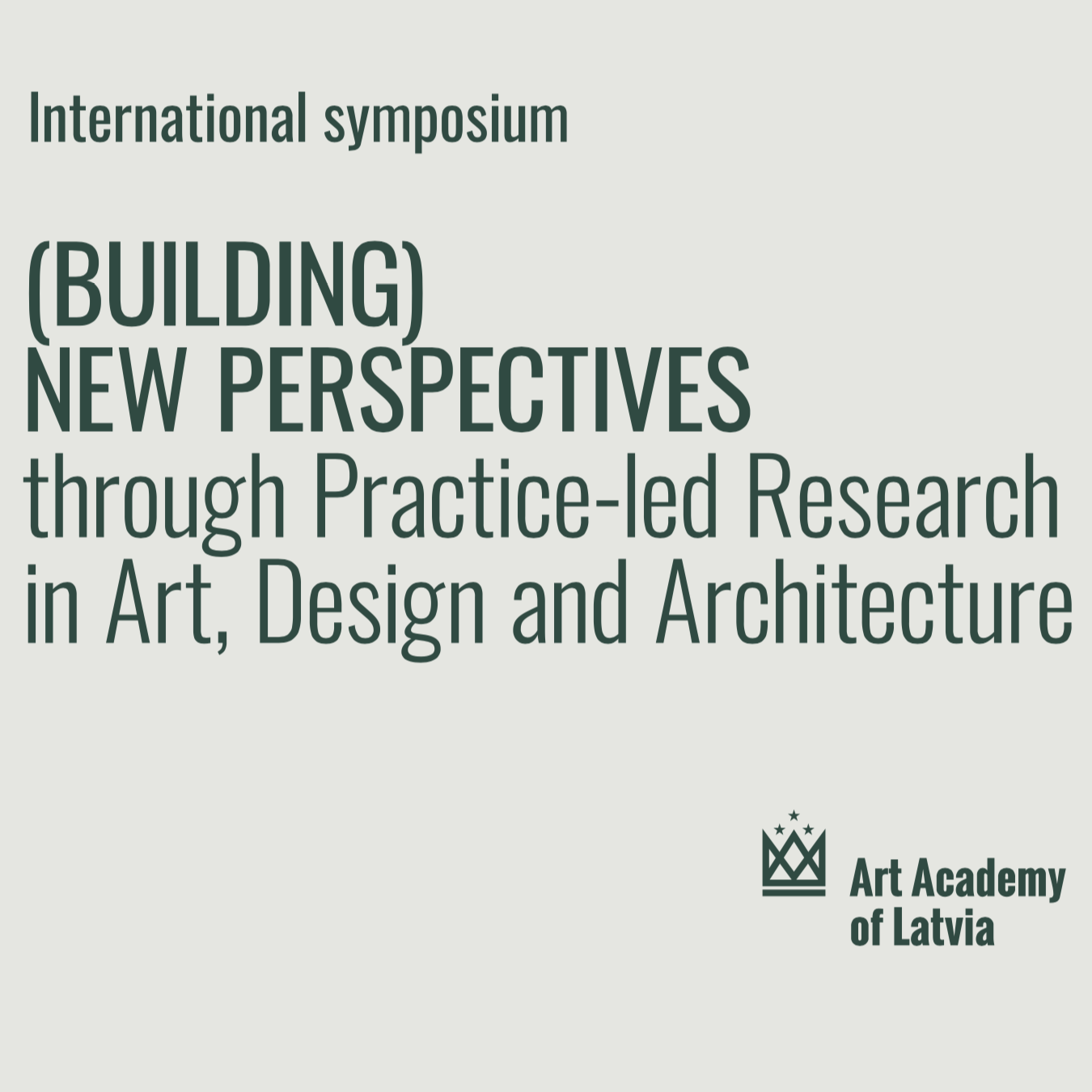| Date | 11/10/2022 |
| Time | 10:00 |
| Location | LMDA – Institute of Contemporary Art, Design & Architecture |
| Researchers | |
| Affiliated research project |
|
Keynote lecture by Michelle Teran: On the Art of Noticing
By asking can urgency be slow, in the lecture Teran will analyse collective support and solidarity practices in times of crisis, and their temporalities and sustainability. Is there a possibility of other approaches and “slow” solutions that invite one to engage with the complexity of systemic harm?
The keynote will be followed by the session “Building on crisis: emerging spatial practices in times of urgency” addressing spatial activism, temporary interventions and socially engaged approaches as a reaction to the recent geopolitical turmoils that shattered our fundamentals urging the civil society for swift collective and individual actions.
The lineup will include presenters Barbara Prezelj, Anastasiya Ponomaryova, Katarina Andjelkovic, Ieva Melgalve, Deniss Hanovs and will round off with the panel discussion. Session chairs and moderators: Māra Traumane, Dina Suhanova.
The international symposium New Perspectives through Practice-led Research in Art, Design and Architecture gathers a multifaceted mix of interdisciplinary contributions in research that investigate how distinct perspectives can undermine traditional binary divides – be it the ones established between scientific and designerly methods, building and assemblage, spatial practices in times of urgency, landscape and identities, architecture and users, algorithmic governmentality and its ethical dimensions or the other binaries we are accustomed to.
The symposium provides a platform for established or alternative practice-based methodologies in research and asks how research can address the need for criticality to ultimately result in a more differentiated discursive landscape, especially in the face of actual emergencies. Among other things, the symposium raises several questions. Adopting a self-reflective stance – what are the (post)digital and the (post)human frameworks from which we can conduct our research? What strategies could support the mindset change needed for critical practice redirection, speculating on perspectival changes urgently required? Finally, how do the constellations envisioned by practice-based research in the context of a crisis construct meaning and even become political actors through spatial activism?



